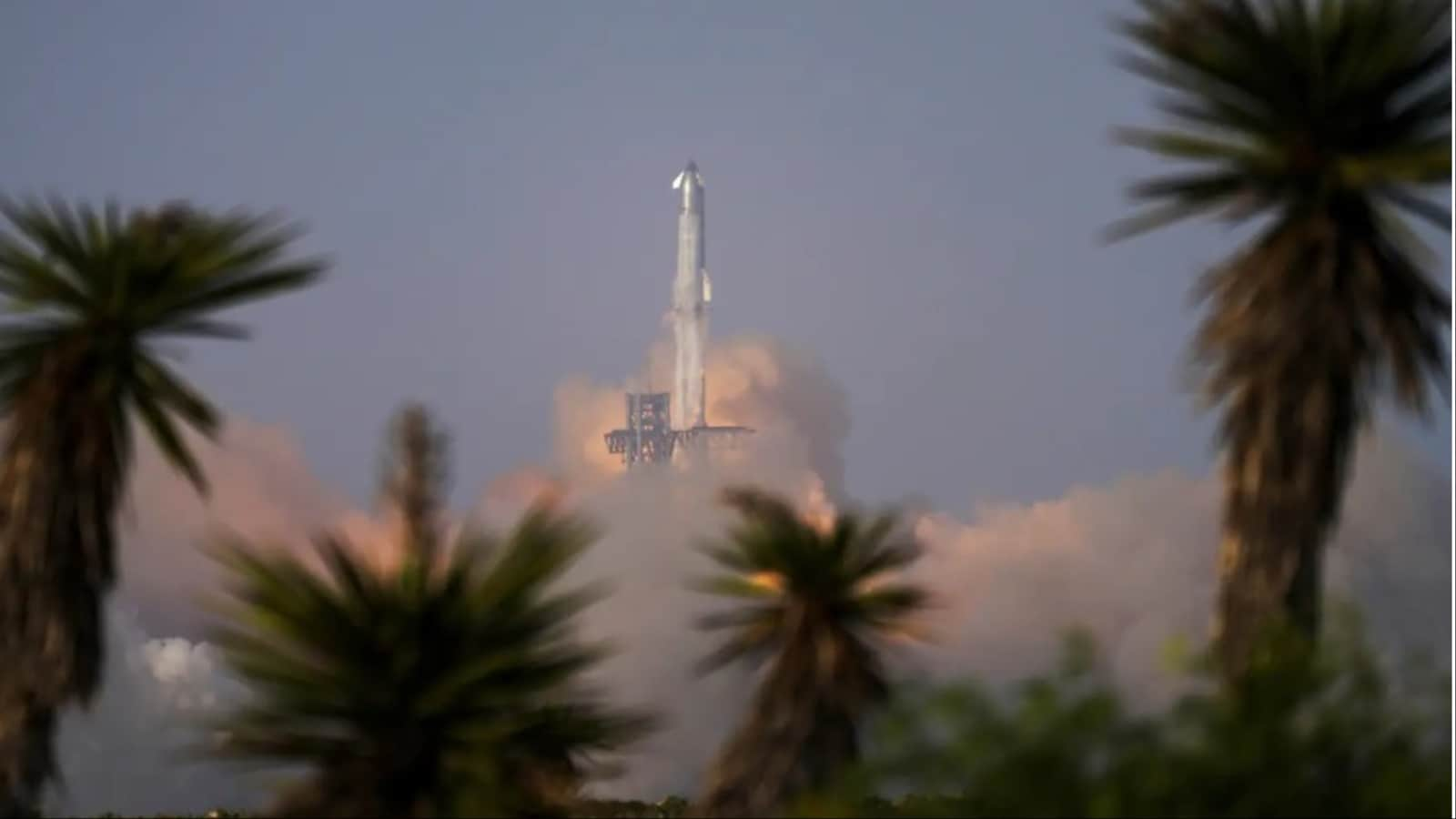ARTICLE AD BOX

For years,
decentralized asset markets
were viewed with deep skepticism by financial institutions and regulators alike. But in 2025, that stance is shifting. An increasing number of governments are exploring strategic crypto asset reserves—not just as speculative holdings, but as part of long-term economic positioning. Rather than fearing Bitcoin’s volatility, forward-looking nations now worry about missing out on crypto’s growing geopolitical and monetary relevance. As figures like Binance founder CZ begin advising nation-states on managing sovereign crypto reserves, it’s becoming clear: the real risk for emerging economies isn’t holding digital assets—it’s being left behind in the next era of financial infrastructure.The World Is Turning To Digital AssetsUnder the Trump administration, that has changed. In March, the President signed an executive order creating a US
Strategic Bitcoin Reserve
and Digital Asset Stockpile. This comes alongside developments such as various states proposing their own Bitcoin Acts, and BlackRock’s infamous Bitcoin ETF hitting over $50 billion in assets in just 11 months. On the other side of the world, there’s Pakistan, whose finance division recently announced that the nation is planning to adopt digital assets as a strategic asset, to spark a broader digital financial revolution. Many other countries, such as Switzerland, Hong Kong, Brazil, and others, are also taking their first steps toward using digital assets as part of their strategic national reserves.
If crypto assets are dangerous, why is so much of the world changing its tune after years of mistrust? Perhaps the global economy is waking up to the fact that the greater “time bomb” lies in not embracing digital assets at a critical time for the world’s emerging economies.The Upside For
Emerging MarketsThe emerging economies of Brazil, Russia, India, China, and South Africa (BRICS) alone comprise 40% of the world’s population and contribute to more than 25% of the world’s GDP. Despite this, they are still painfully vulnerable to the fluctuations of the global financial system. Creating reserves tied to digital assets could help these nations reduce their dependency on foreign economies altogether. This can be essential for their future growth, as an overreliance on external markets can severely limit prosperity. Volatility, limited resources, and a dependence on foreign policies can all negatively impact an emerging nation’s ability to achieve financial independence. That being said, not all economies can deploy such strategic reserves, as they may lack the necessary regulatory framework. However, regulations can change, and it may be essential that they change fast. Waiting for several more years may result in the most lucrative assets becoming increasingly difficult to accumulate, which would only exacerbate how far behind these economies truly are. This is the real financial threat these nations face. But it doesn’t have to be; they just need to approach launching their reserves slowly and thoughtfully. Taking Action, Step By StepGiven the importance of establishing strategic reserves, how can nations get moving in a way that is safe for their economy? For one, they don’t have to go “all in.” Diversifying as little as 1-2% into crypto assets could be the first step in a measured venture into this endeavor. As the market evolves, if things are going well, the nation can then gradually allocate more of its reserves to the best-performing assets and funds. It will also be essential for the top economists of these countries to research and vet the most promising and secure opportunities. For example, nobody says a strategic reserve should be built on memecoins. On the other hand, there’s no reason that the longest-running, best-performing memecoins couldn’t be part of a balanced portfolio. And of course, Bitcoin, Ethereum, other top-performing projects, trustworthy stablecoins, and well-established ETFs are all great places to start, as they have clear infrastructure, solid histories, and large communities supporting them. Additionally, strategic reserves have an established history, so this isn’t an entirely new concept for nations to grasp. Blueprints for creating
crypto asset reserves
have touted historical successes, such as the Strategic Petroleum Reserve, which the US Department of Energy maintains. That isn’t to say that crypto assets don’t have unique nuances, but using history as a guide, reserve systems have helped nations prosper. So, economic leaders should be able to mold a system that helps their nation thrive in the long term. Not all economists may agree, but it is becoming increasingly apparent that the real threat to economies, especially emerging ones, is being left behind as crypto assets become a powerful investment for building a nation’s financial security. By acknowledging the situation, taking the first steps, and proceeding with caution, this doesn’t have to be the fate of any country. The assets and strategies exist; they just need to be tapped into before the rest of the world fully embraces what they have to offer. --- Anurag Arjun, Co-founder of Avail



.png)
.png)
.png)
















 1 day ago
4
1 day ago
4









 English (US) ·
English (US) ·